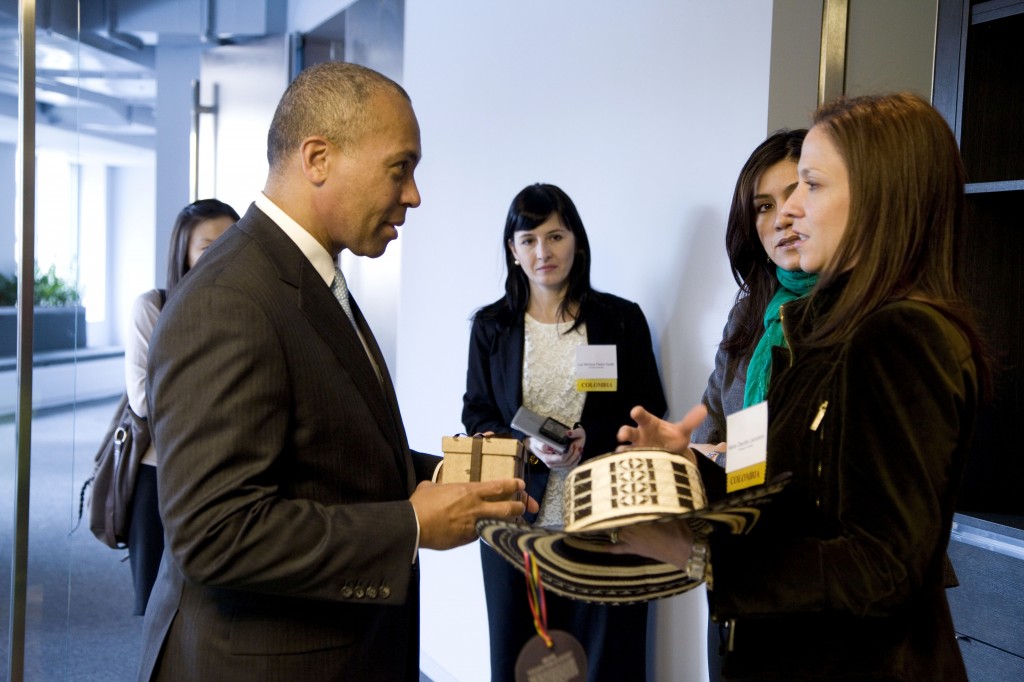Risk can be defined as the exposure to chance of injury or loss. Everyone who runs a business assumes a certain amount of risk. In traditional economic thinking about this topic, most Americans would agree that those who assume the most risk in a business venture are also entitled to the most compensation should the venture turn out to be successful. I personally would agree with this principle. Generally speaking, our economy rewards the value that we give to the economy, so those who take a larger risk often provide jobs for others and a new product or service to the economy, so they would in turn be compensated at a higher rate than those who did not assume that risk. There are two sides to risk: one is the assumption of risk (usually based on an educated belief that there is a good chance that injury or loss will not be experienced) and the other is trusting in the Lord. At a high level, when risk is assumed, the one assuming the risk must trust in something to offset the assumption of that risk. For many of us, we purchase insurance to help offset the risk that we assume. For others of us, we simply trust the Lord, understanding that His love for us and His sovereignty in our lives is a sufficient basis for assuming risk. And still, there are others of us who do both – we purchase insurance and trust the Lord for the outcome. The Scriptures also speak to risk, although in more general terms. However, I believe that there are some Scriptural principles that can be gleaned about risk and trust.
Assumption of Risk
Proverbs 22.3 says that a prudent man sees danger and takes refuge, but the simple keep going and suffer for it. When it comes to running a Christian business, the Scriptures teach that it is an act of prudence to look into the future, assess the potential dangers and see what you can do to take refuge from those dangers. The dangers can take many forms, from employees taking your IP and creating competitive businesses to new product or technologies penetrating the market in a way that reduces your customer base or makes your product/service obsolete. It might also be purchasing key man insurance or cross purchase agreement (buy/sell) insurance to cover the cost of purchasing stock between partners in the event one of them dies prematurely. In all of these situations and more, it is prudent to assess the danger and take proactive steps to guard yourself from those dangers. (This same thought is repeated nearly verbatim in Proverbs 27.12).
Trusting in the Lord
There are many verses in the Scriptures about trusting in the Lord. Verses that discuss God’s provision for those who trust in Him are numerous. For example, Proverbs 10.3 states that “the Lord does not let the righteous go hungry…” and Philippians 4.19 says that “God will meet all your needs according to his glorious riches in Christ Jesus”. These two verses – and many others – apply to those who own businesses. The promise is clear: God will not allow His people to go without the basics that are needed in life. I personally don’t think this can be applied to mean that your business will always succeed. These verses of provision discuss God’s protection of us personally, not protection of our possessions (assuming our business is a possession).
Ongoing Risk as a Business Owner
As a business owner, you will find that you’ll need to risk over and over again. Just as success isn’t final, risk never ends. Growth will require certain levels of risk. There will always be times when you’ll need to risk in order to keep your business going. Every time you risk, be sure to hear clearly from the Lord about your decisions and be sure they are bathed in prayer. Knowing and understanding what risk is and when it is a good to assume it will help you avoid unnecessary loss.
Principles of Risk for the Christian Business Owner
What follows here is a brief outline of the principles that should govern our decision-making processes when we consider taking on additional risk:
The risk assumed should support and further your core purposes for running the business
The risk assumed should not require you to violate your core values
The potential negative consequences should be proportional to the potential positive rewards
Mitigating risk is normal and natural
Risk is shared when we are acting under the direction of the Lord. In other words, when following God’s direction, the risk is real, but the “shouldering” of that risk is shared between God and us. While He may not protect us from the negative consequences of assuming a risk He’s asked us to assume, we can be assured He will meet our needs (Phil 4) and will reward us in heaven for obedience.






















